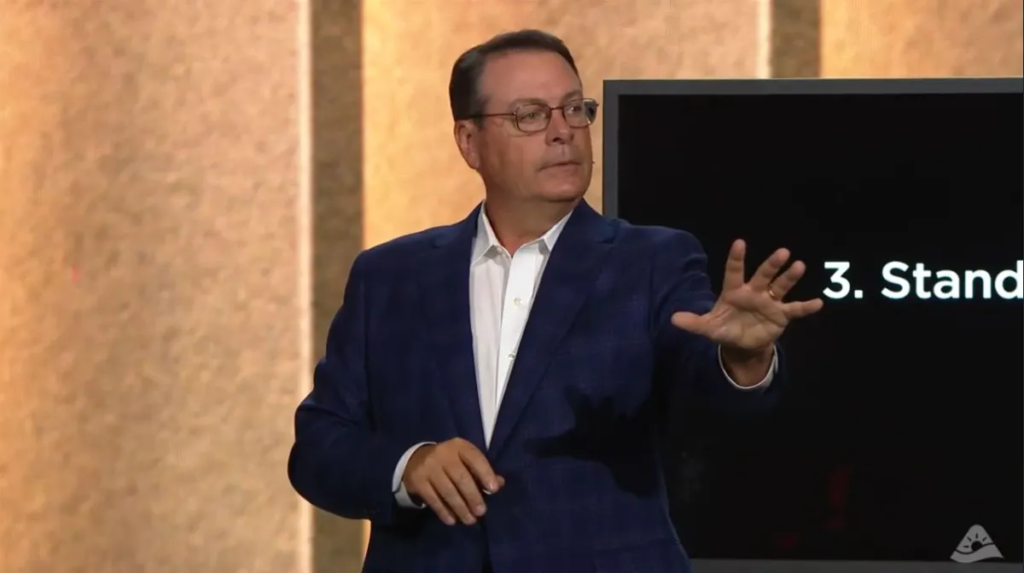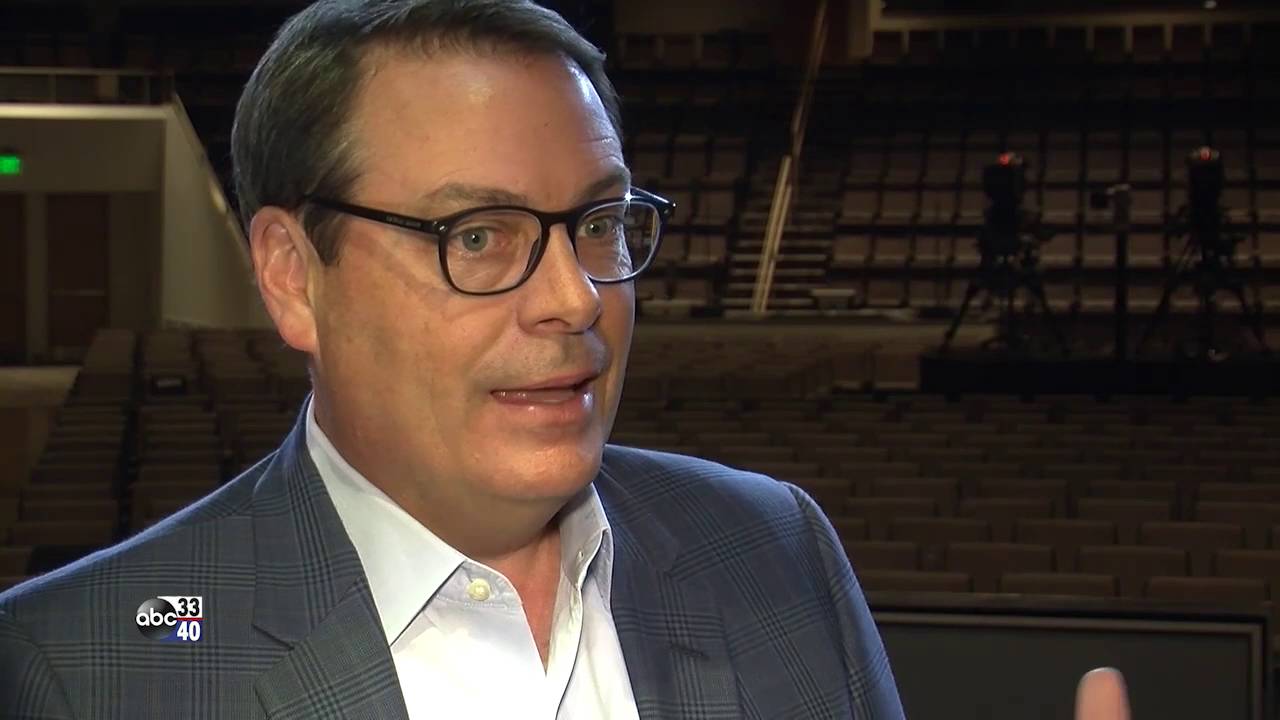In the landscape of modern evangelical Christianity, few names have been as influential as that of Pastor Chris Hodges. The founding pastor of the Church of the Highlands, one of the largest and most prominent churches in the United States, Hodges has been a figure of significant religious influence and leadership. However, in events that shocked many within and outside the religious community, Pastor Hodges found himself at the center of a scandal that prompted widespread discussion, criticism, and, ultimately, a public apology. This article delves into the intricacies of the Pastor Chris Hodges scandal, exploring the events that led to the controversy, the public’s reaction, the ensuing fallout within his church and the wider Christian community, and Hodges’ attempt to address the issues raised.
The Genesis of the Controversy
The controversy surrounding Pastor Chris Hodges erupted in May 2020 when it was revealed that he had liked several controversial and racially insensitive posts on social media. These posts were made by a political commentator known for divisive and inflammatory rhetoric. The likes, though seemingly small actions, were met with immediate backlash, as they appeared to endorse views that were at odds with the inclusive and loving message that Hodges and his church preached. This incident highlighted the complex relationship between religious leaders and their personal versus public personas, especially in the age of social media, where every action can be scrutinized.

Public Backlash and Immediate Response
The backlash to Pastor Hodges’ social media activity was swift and severe. Members of his congregation, the wider Christian community, and the public expressed their disappointment and concern over what these liked posts implied about Hodges’ beliefs and values. Critics argued that even passive endorsements could perpetuate harmful stereotypes and divisions, contradicting the church’s mission to foster unity and love among its diverse community members.
In response to the growing outcry, Pastor Hodges issued a public apology. He acknowledged his actions and expressed remorse for any pain or division his likes may have caused. Hodges stated that his actions were thoughtless and not reflective of his beliefs or the teachings of his church. He committed to using this moment as a learning opportunity, not just for himself but for his congregation, emphasizing the need for understanding, empathy, and continued education on issues of race and inequality.

The Church’s Reaction and Hodges’ Apology
The reaction within the Church of the Highlands was mixed. While some members accepted Hodges’ apology and supported him through the controversy, others felt that the incident revealed deeper issues within the church’s leadership and approach to addressing social problems. This division highlighted the challenges modern churches face in navigating the complexities of societal problems while maintaining a unified congregation.
In his apology, Pastor Hodges went beyond mere regret for his actions. He outlined steps that he and the church leadership would take to ensure a more inclusive and aware environment. These included diversity training for church staff, establishing a new church department that promotes racial reconciliation and justice, and a commitment to listening and learning from communities of color. Hodges’ response was an attempt to transform a moment of personal failure into an opportunity for communal growth and understanding.
The Broader Implications for the Christian Community
The Pastor Chris Hodges scandal has served as a wake-up call for many within the Christian community, prompting a reevaluation of the role of church leaders in addressing societal issues. It has underscored the importance of accountability in personal conduct and actively opposing injustice and inequality. The incident has also sparked discussions about the expectations placed on religious leaders in the digital age, where every action is visible and potentially impactful.
Moreover, the scandal has initiated conversations about churches’ need to preach about love and inclusivity and actively practice these principles in every aspect of their ministry. This includes addressing systemic issues that affect their congregations and communities, engaging in meaningful dialogues on race and inequality, and ensuring that their leadership reflects the diversity of their membership.

Moving Forward: Lessons Learned and Future Directions
The Pastor Chris Hodges scandal, while undoubtedly a challenging period for the pastor and his church, has also provided:
- Valuable lessons on the power of humility
- The necessity of accountability
- The potential for growth in adversity
Hodges’ willingness to publicly acknowledge his mistakes, seek forgiveness, and take concrete steps toward change is a testament to the possibility of redemption and the power of leadership in fostering unity and understanding.
As the Church of the Highlands and the wider Christian community move forward, the scandal serves as a reminder of the continuous need for vigilance, education, and empathy in navigating the complexities of modern society. It emphasizes the responsibility of religious leaders to not only guide their congregations in faith but also action toward a more just and inclusive world.

Conclusion
The Pastor Chris Hodges scandal has been a moment of profound introspection for many, challenging individuals and institutions to reflect on their values, actions, and impact on society. The controversy underscores the importance of leadership, accountability, and the relentless pursuit of justice and equality. As Pastor Hodges and the Church of the Highlands strive to move beyond this episode, their journey offers valuable insights into the challenges and opportunities in reconciling faith with the demands of contemporary social justice. In acknowledging faults, seeking forgiveness, and committing to change, there lies a powerful message of hope and transformation, not just for a single church or leader but for the broader community seeking to navigate the complexities of faith in an ever-evolving world.






